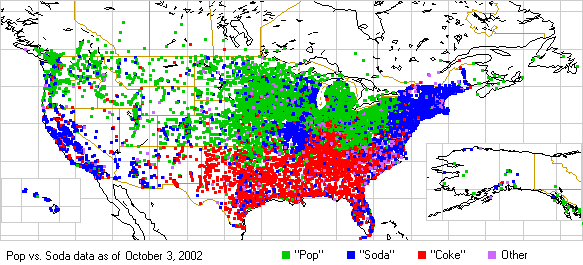Here's the full list:
1. Scientist/Lab Technician
2. Marketing/Public Relations Professional
3. Education Administrator
4. Editor/Writer
5. Healthcare Administrator
6. Physician
7. Food Preparer
8. Professor
9. Social Worker
10. Financial Professional
11. Personal Caretaker
12. Human Resources Benefits Coordinator
13. Nurse
14. Government Professional
15. Skilled Tradesperson (plumber, carpenter, etc)
I have my doubts.
First off, there's no real methodology reported except that it was based on a survey produced by Dunkin' Donuts and something called Careerbuilder. I'm guessing an online survey. I'm guessing non-random sample. I'm guessing a site that tends to be visited most often by, coincidentally, people in the jobs listed above. We do get this bit of methodological notation:
Through this year’s survey of 4,700 U.S. workers, Dunkin’ Donuts and CareerBuilder® learned that scientists/lab technicians need coffee the most to keep their workday running.
That's a helluva sample, 4,700 U.S. workers, but I'd love to know how they did it. Telephone? Or a SLOP (self-selected opinion poll)? Passenger pigeon?
Finally, cops. They're not even on the list. Nor firefighters. Maybe they fall in the "government professional" category, but I'd doubt that even more given it could also mean other governmental types.
And, obviously, I'm upset that "professor" finishes only #8. My colleagues need to step it up.
I can see PR/marketing folks finishing high on the list. I'd drink coffee -- laced with arsenic -- if I had to spend my day spinning. And lab technicians, it can get awfully dull in the lab if you're running the same set of experiments or assignments again and again. But I would have expected nurses to finish higher. Ah well, we can always quibble, but it's hard to do so when you don't have enough information to judge the quality of the survey itself.


